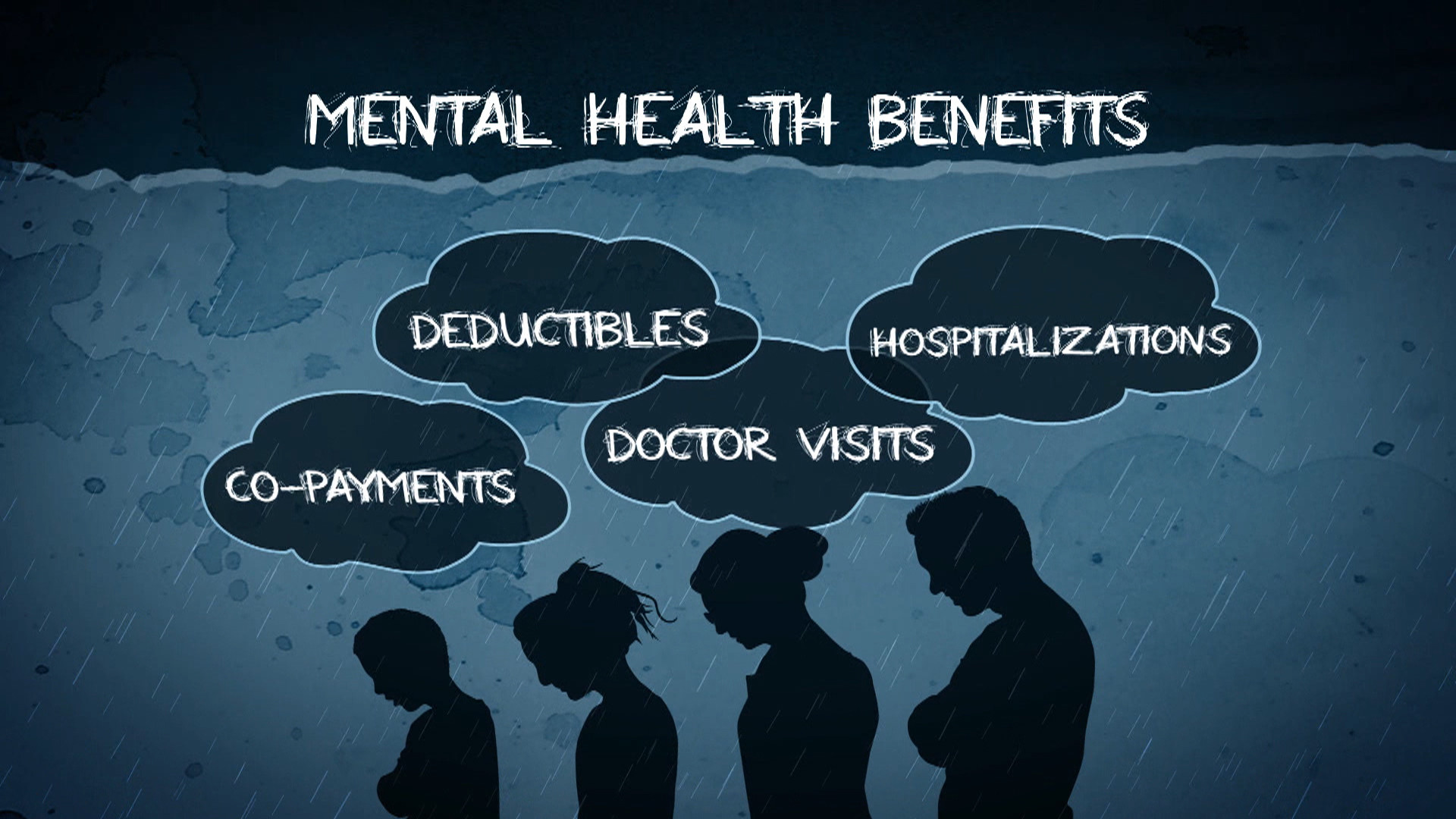
In today’s fast-paced world, our mental health is an aspect of our well-being that requires delicate attention and care. It’s an intricate balance that can be easily disrupted by the demands and pressures of modern living. Feeling overwhelmed, anxious, or lost at times is a shared experience, and it’s essential to recognize that it’s okay not to be okay. Mental health challenges are a universal reality that can affect anyone, regardless of age, gender, or background. It’s within these struggles, however, that we uncover our strength and resilience. By acknowledging and embracing the storm within, we embark on a courageous journey towards healing and growth.
Recognizing the Signs
The first step in navigating mental health challenges is recognizing the signs that something may be amiss. It’s important to pay attention to changes in your mood, behavior, and overall well-being. Feelings of persistent sadness, anxiety, or hopelessness should not be dismissed, as they can be early indicators of a deeper issue.
Mental Health Continuing Edcuation
Additionally, changes in sleep patterns, appetite, or energy levels can signal that your mental health may need attention. If you find yourself withdrawing from activities you once enjoyed or struggling to cope with daily tasks, it’s crucial to acknowledge these changes and seek support.
Physical symptoms such as headaches, stomach problems, or unexplained aches and pains can also be linked to mental health concerns. It’s essential to listen to your body and recognize when these signs may be connected to your emotional and psychological state.
Seeking Help
If you are struggling with mental health challenges, it is important to reach out for support. Remember that you are not alone in your journey.
Seeking help from a mental health professional can provide you with the guidance and tools needed to navigate your struggles effectively. Therapists and counselors are trained to assist individuals in understanding their emotions and developing coping strategies.
Additionally, reaching out to trusted friends or family members can offer a sense of connection and understanding during difficult times. Opening up about your mental health can help alleviate some of the burden you may be feeling.
Self-Care Strategies
It’s crucial to prioritize self-care when dealing with mental health challenges. Taking time to engage in activities that bring you joy and relaxation can help restore balance to your emotional well-being. Whether it’s going for a walk in nature, practicing mindfulness, or indulging in a favorite hobby, finding moments of peace amid the storm can make a significant difference in how you navigate your mental health journey.
Incorporating physical exercise into your routine can also have a positive impact on your mental health. Exercise is known to release endorphins, which are natural mood lifters. Whether it’s a rigorous workout at the gym, a yoga session at home, or a leisurely bike ride, finding a form of exercise that you enjoy can boost your overall well-being and provide a healthy outlet for stress and anxiety.
Lastly, establishing boundaries and learning to say no when needed is a form of self-care that can prevent burnout and overwhelm. Recognize that it’s okay to prioritize your own needs and set limits on your time and energy. By honoring your boundaries and respecting your capacity, you can cultivate a sense of self-worth and create a healthier balance in managing your mental health challenges.



